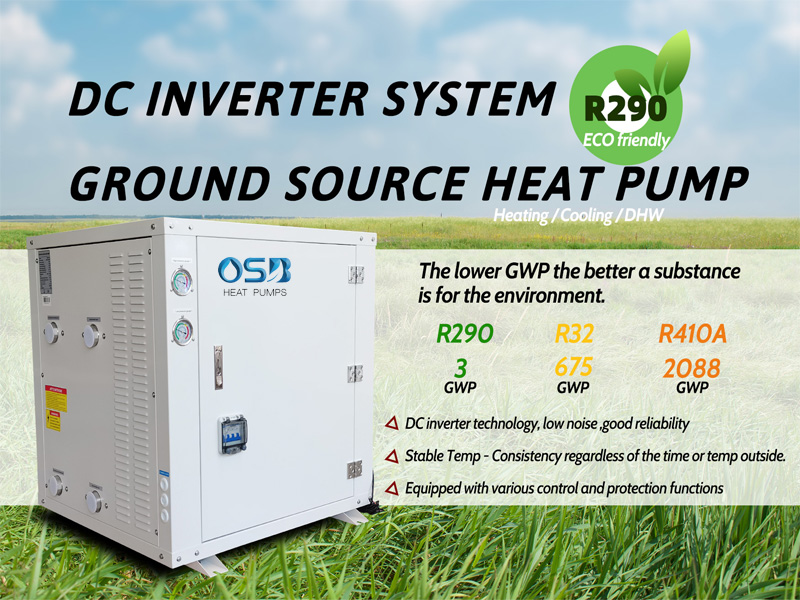If you’ve been considering geothermal heating and cooling for your home, you may be asking yourself questions not only about upfront costs but what the overall expense may entail. It’s true that geothermal heating and cooling units have a larger upfront price tag, but the main thing people want to know is: will the system be worth it in the long run?
According to energy.gov, reducing heating costs by as much as 50% and cooling costs by as much as 35% compared with a conventional furnace and AC is the top reason for choosing geothermal. Still, there are a few things to consider when deciding if the timing is right for you.
Evaluating your Personal Situation
Many factors will contribute to the geothermal heat pump cost that a homeowner can expect to spend during installation. When you maximize the efficiency of energy used in your home, you can significantly reduce cost and utility bills while improving overall comfort. But it is critical to evaluate the energy load and decide on ways to reduce it if you want to have maximum energy efficiency. Apart from your home’s size, other factors determine the correct geothermal heat pump for your space.
What Affects the Cost of Geothermal Heating Installation?
Because geothermal installation costs can vary widely, it’s essential to understand what will determine your geothermal heat pump cost. Specific elements, as well as the brand selection, will influence the cost of your geothermal investment.
System capacity
The capacity of your unit needed to facilitate the size of your home will determine the most significant portion of your budget. The larger the size, the higher the cost will be. You can have a range of about 2.0 tons/24000 BTU to 10.0 tons/120000 BTU for a residential unit. Generally, a home will need a unit between the ranges of 2.5 tons to 5.0 tons.
Types of systems
You also have to consider the types of loops for your geothermal heat pump. The space you have available will determine whether a horizontal or vertical system is the ideal choice for you. Usually, horizontal loop systems are more cost-effective than a vertical loop. Still, there needs to be adequate space for horizontal loop systems to be installed.
Features and efficiency
The features of your unit and system efficiency will also be a factor in determining overall costs. System efficiencies will vary, but a geothermal unit’s efficiency is generally between 15 EER (Energy Efficiency Ratio – Higher number is better) and above 45 EER for cooling. The ratings of COP (Coefficient of Performance – Higher number is better) stand at around 3.0 cooling to above 5.0 for heating. Popular features that homeowners look for include domestic hot water production, Wi-Fi control, and remote monitoring features.
Depending on these factors, plus the performance of the brand you choose and qualified installers’ experience, your cost will range from low to high on the spectrum.
Remark:
Some of the articles are taken from the Internet. If there is any infringement, please contact us to delete it. If you’re interesting in heat pump products,please feel free to contact OSB heat pump company,we are your best choice.
Post time: Sep-08-2022


